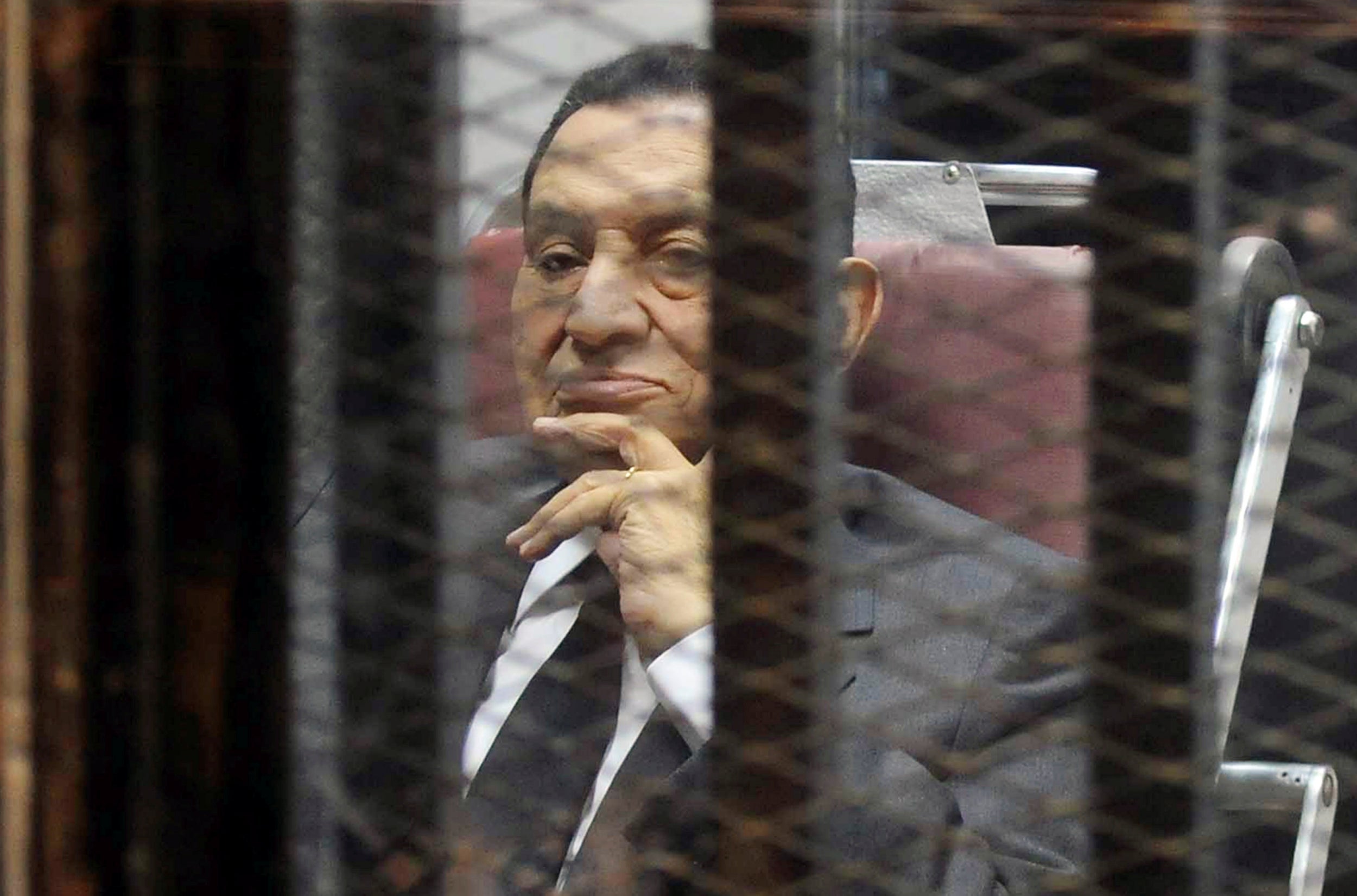Hosni Mubarak is gone – as are the revolutionary hopes that prompted Egyptians to oust him
Life in Egypt is now worse in terms of freedoms, human rights abuses and the ability to express any form of dissent, writes Bel Trew


The protest lasted the duration of time it took to duck into a kushk – or corner store – buy a bottle of water, some cigarettes and stroll out.
It was 2006. Downtown Cairo, along Talaat Harb street, stretching dustily up to Tahrir Square, which in those days was just an annoyingly busy roundabout.
The feared blue police vans were shiny and new when they drew up. It was so many years before the Arab Spring uprising and the regular “clashes” between protesters and security forces that would batter the vehicles into their now misshapen forms.
The small clutch of young people had a few minutes to chant against human rights abuses committed by Hosni Mubarak’s regime before the vanishing began.
To this day, I do not know what happened to them.
And now, 14 years later, Hosni Mubarak has passed away.
As have, it seems, the hopes of the revolution that propelled millions of brave people to Egypt’s streets to demand his ouster in 2011.
As has, it seems, the understanding of the miserable brutality of life under the former dictator.
All because what came afterwards was so terrible, it made the Mubarak era look like an over-controlling boarding school.
Life in Egypt now under ex-army chief Abdel-Fattah el-Sisi is worse in terms of freedoms, human rights abuses, the ability to express any form of dissent.
In August 2013, I saw firsthand the security forces under Sisi’s command kill as many as 1,000 people in a few hours, in what rights groups claim may be the single largest killing of unarmed protesters in modern history.
Since then, there has been a gentle bubbling of nostalgia for the Mubarak times, when you could at least hold a protest even if just for a few minutes.
This is apparent in journalism that has translated into a kind of whitewashing of – or inurement to – his conduct.
I heard similar expressions of a desire for the return to the Gaddafi days in neighbouring Libya, which since its Arab spring uprising has been ravaged by warring fiefdoms of militias.
These sentiments are dangerous as they imply Egyptians, or Libyans, deserve nothing better than the old school marginally gentler dictator they had before.

It vanishes those electric moments in 2011, when the people took their lives into their own hands to build something so radical it took the world’s breath away.
It rubs out the years before that, where brave groups of people – like that crowd on Talaat Harb in 2006 – fought on.
As reporters, occupying that grey space where everything (everyone) is bad is not popular or easy. But it is so often the truth.
So many of the human rights abuses committed by Mubarak’s regime have only been perfected and continued today.
And so the history of the Mubarak days should not die with his death.
Yours,
Bel Trew
Middle East correspondent
Join our commenting forum
Join thought-provoking conversations, follow other Independent readers and see their replies
Comments
Bookmark popover
Removed from bookmarks